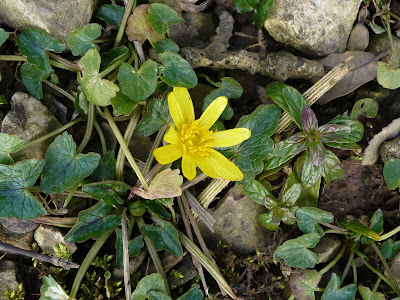
A campaign has been launched at Bristol Zoo carrying the message that half the world's primate species are in imminent danger of extinction (
http://www.belfasttelegraph.co.uk/news/world-news/half-of-all-primate-species-in-danger-of-becoming-extinct-14686775.html). The 25 most endangered apes, monkeys and lemurs are listed. This is not exactly a 'new' observation as most primates are based in the Southern hemisphere and rely on forest habitats (prone to exploitation by humans for cooking fuel, extra protein-including primates and destruction via slash and burn agriculture). These and other so-called 'anthropogenic effects' are clearly
the problem for all our primate cousins. I appreciate that, without the lemurs, monkeys and apes, being valued by the humans with whom they share their immediate environments (ecotourism?), the prognosis for their survival is bleak. I feel, however, that the suggestions of helping out with local water supplies and agriculture can only be a short term fix. The longer-term problem for these animals is , I feel, the burgeoning human population that will inevitably 'ratchet-up' the pressure.






+on+pebbles+mid+Wales.jpg)
+in+flight+Bynea.jpg)
+London+Aquarium.jpg)







++stags+one+looks+Richmond.jpg)


+NBGW.JPG)



+frontal+on+branch+NWCW.jpg)


+Oxwich.jpg)




%20mating%20NWCW.jpg)

